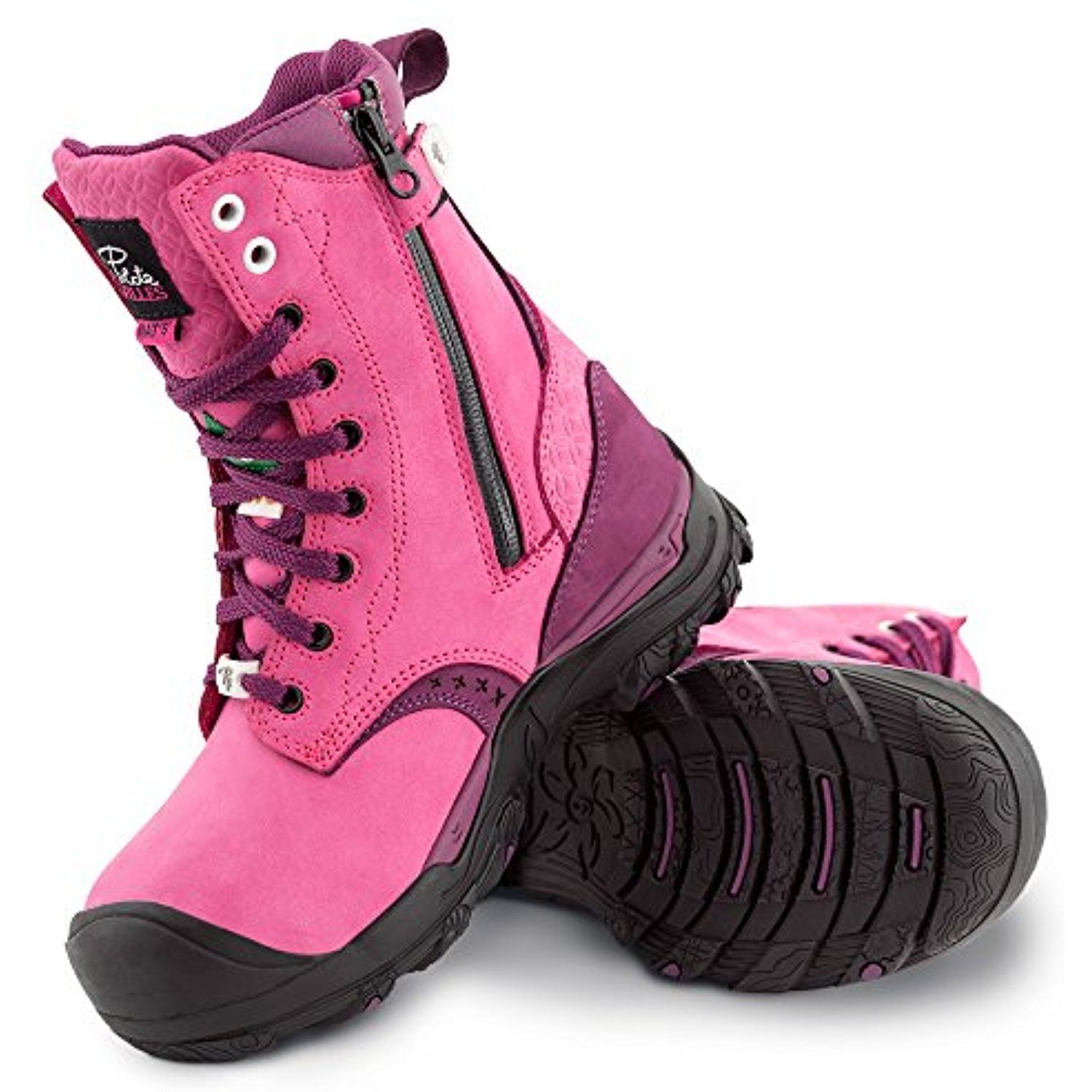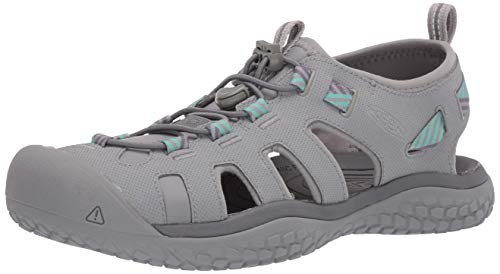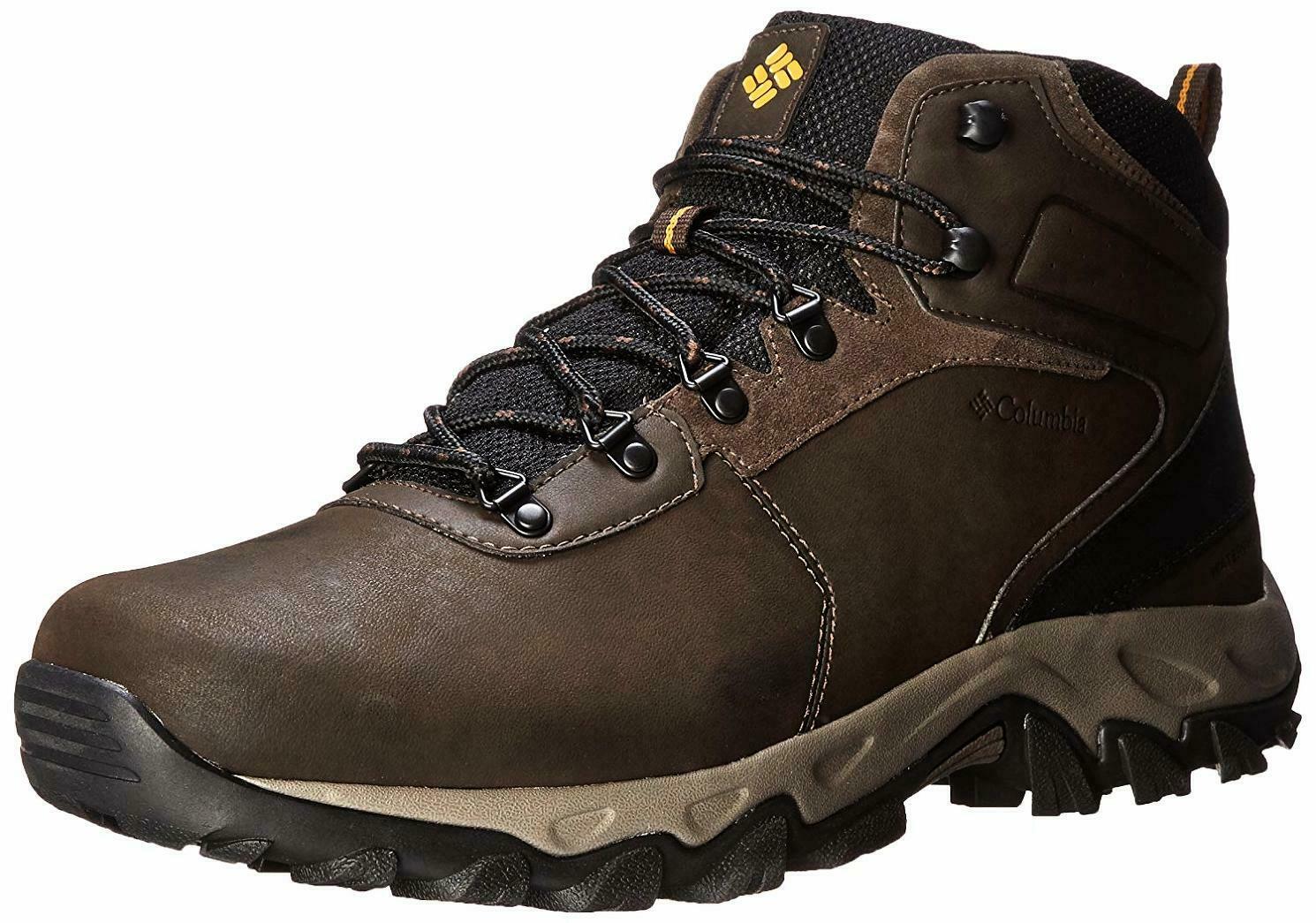5 Tips Women Hike

Hiking, an activity that embodies the spirit of adventure and connection with nature, has become increasingly popular among women. The great outdoors offers a unique blend of challenge and serenity, making hiking an excellent way for women to enhance their physical and mental well-being. However, venturing into the wilderness requires preparation, awareness, and the right mindset. Here are five essential tips tailored for women to ensure a safe, enjoyable, and empowering hiking experience.
1. Prepare Thoroughly
Preparation is the cornerstone of a successful hiking trip. Before heading out, it’s crucial to research the trail thoroughly. Understanding the terrain, distance, elevation gain, and potential hazards is vital for planning and safety. Additionally, checking the weather forecast beforehand can help prevent unexpected complications. Proper gear is also essential; this includes hiking boots that are both sturdy and comfortable, appropriate clothing for the weather conditions, and a backpack with essentials such as water, snacks, a first aid kit, and a map. For women, considering the menstrual cycle and packing accordingly can also be a part of thorough preparation.
2. Stay Safe
Safety should always be the top priority when hiking. Letting someone know the hiking plan, including where you’re going and when you expect to return, is a simple yet effective safety measure. Bringing a buddy, if possible, can also enhance the safety of the hike. Furthermore, carrying a personal locator beacon (PLB) or a satellite phone in areas without cell service can be lifesaving in case of emergencies. Awareness of the surroundings and trusting one’s instincts are also key components of staying safe. For solo hikers, especially women, being mindful of personal safety and considering self-defense tools or courses can provide an added layer of confidence.
3. Build Community
Hiking doesn’t have to be a solo endeavor. Connecting with other women who share the passion for hiking can lead to supportive communities, shared knowledge, and lasting friendships. Joining hiking groups or clubs specifically for women can provide opportunities to explore new trails with like-minded individuals. These communities often share tips, recommendations, and encouragement, making the hiking experience more enjoyable and safer. Social media platforms and local outdoor centers are great resources for finding such groups.
4. Embrace Challenge and Self-Care
Hiking can be challenging, both physically and mentally. Embracing these challenges as opportunities for growth can be incredibly rewarding. However, it’s also important to practice self-care and listen to your body. Knowing when to push through and when to rest is crucial. Bringing a journal or practicing mindfulness in nature can enhance the hiking experience, allowing for connection with oneself and the environment. Remember, it’s okay to slow down, ask for help, or turn back if needed. The goal of hiking should be enjoyment and personal fulfillment, not to reach a destination at all costs.
5. Respect and Connect with Nature
Lastly, hiking offers a profound opportunity to connect with nature and understand our place within the ecosystem. Practicing Leave No Trace principles, such as disposing of waste properly and not disturbing the natural habitat, is essential for preserving the beauty and health of our natural spaces. Taking time to observe the wildlife, learn about the local flora, and appreciate the landscapes can deepen the hiking experience. For many women, this connection with nature can be a source of healing, empowerment, and spiritual growth.
FAQ Section
What should I do in case of an emergency while hiking?
+In case of an emergency, stay calm and assess the situation. If you have cell service, call for help. Otherwise, use a PLB or satellite phone if available. It's also crucial to have a basic first aid kit and know how to use the items in it. Having a plan and informing someone about your hiking itinerary can also be helpful.
How can I stay safe while hiking alone as a woman?
+Staying safe while hiking alone involves several strategies. Informing someone about your plans, including where you're going and when you expect to return, is a good start. Carrying a personal alarm, pepper spray, or taking a self-defense course can provide additional confidence. Staying on marked trails, being aware of your surroundings, and trusting your instincts are also important.
What kind of gear do I need for a day hike?
+For a day hike, essential gear includes comfortable and sturdy hiking shoes, socks, appropriate clothing for the weather, a backpack, water, snacks, a map, and a first aid kit. Depending on the length and difficulty of the hike, as well as personal preferences, you might also consider bringing a lunch, extra layers, rain gear, and a water filter or purification tablets.
In conclusion, hiking can be a deeply rewarding experience for women, offering challenges, connections with nature, and opportunities for personal growth. With the right mindset, preparation, and knowledge, women can embark on hiking adventures that are both empowering and enjoyable. Whether hiking solo or with a group, the key to a successful and fulfilling experience lies in a combination of thorough preparation, respect for nature, and a willingness to embrace both the challenges and the beauty that hiking has to offer.



